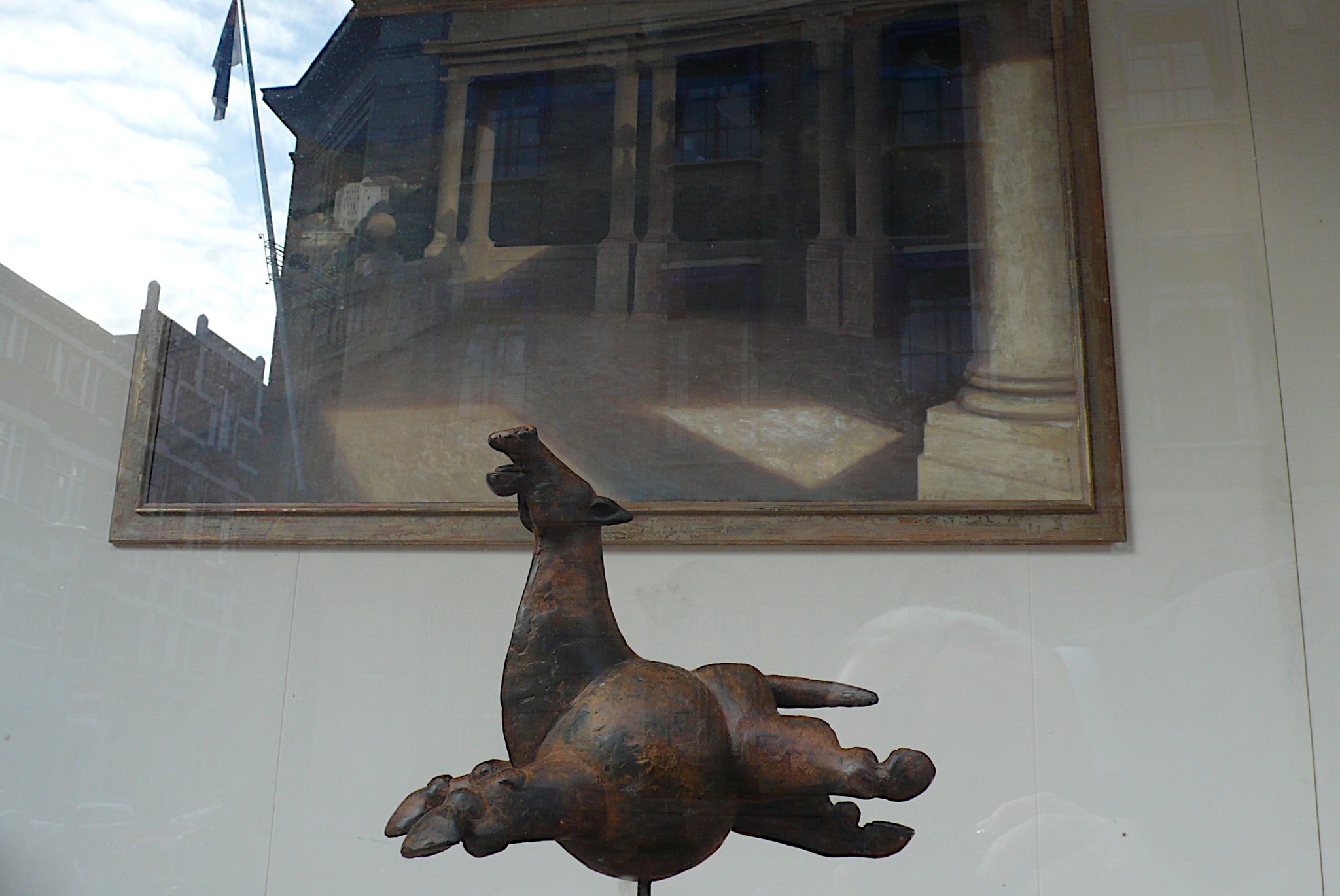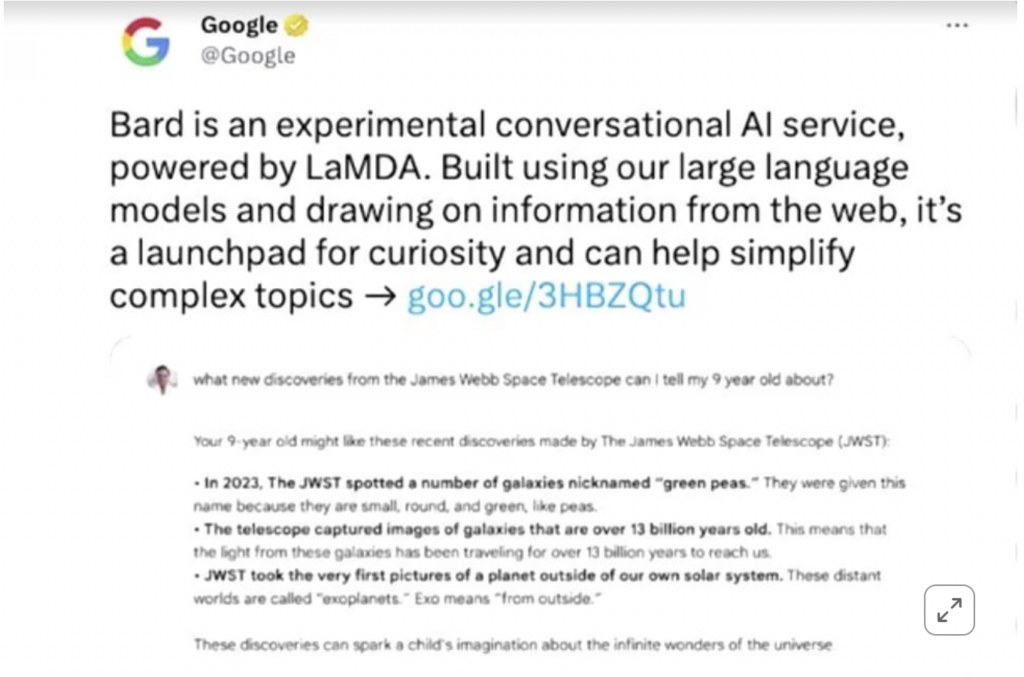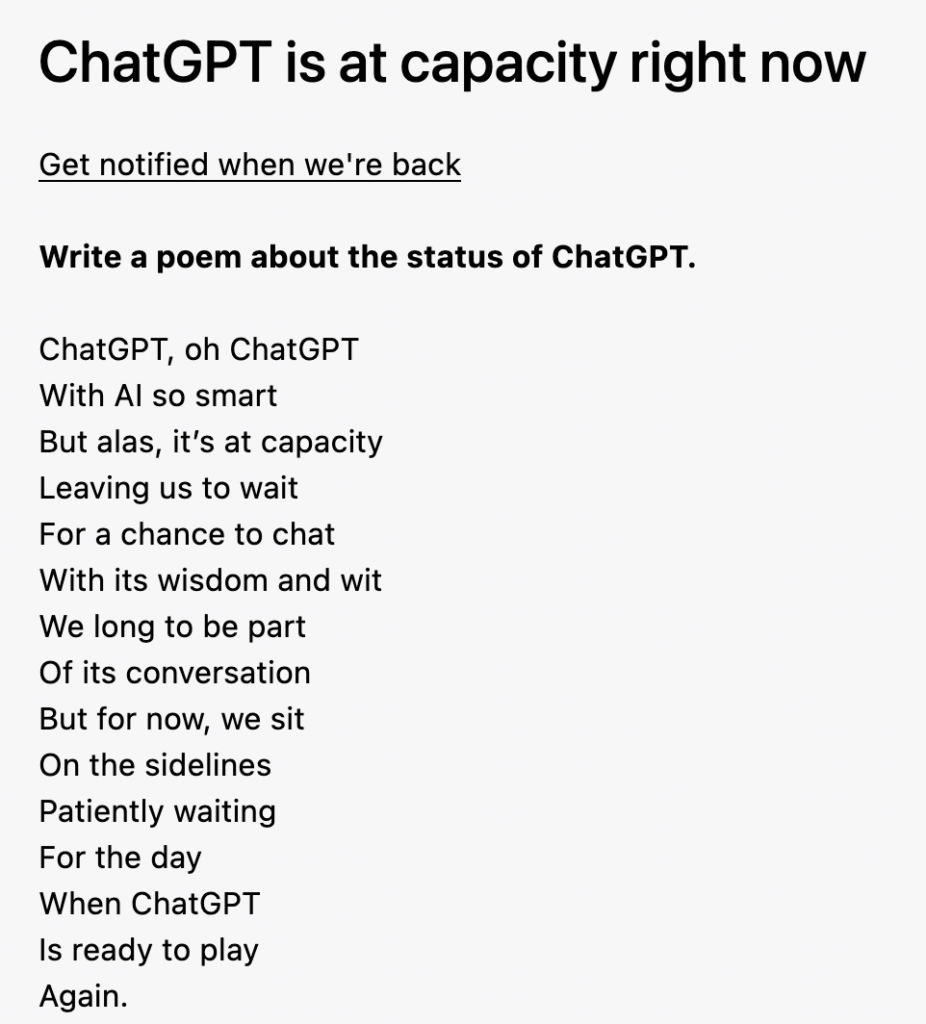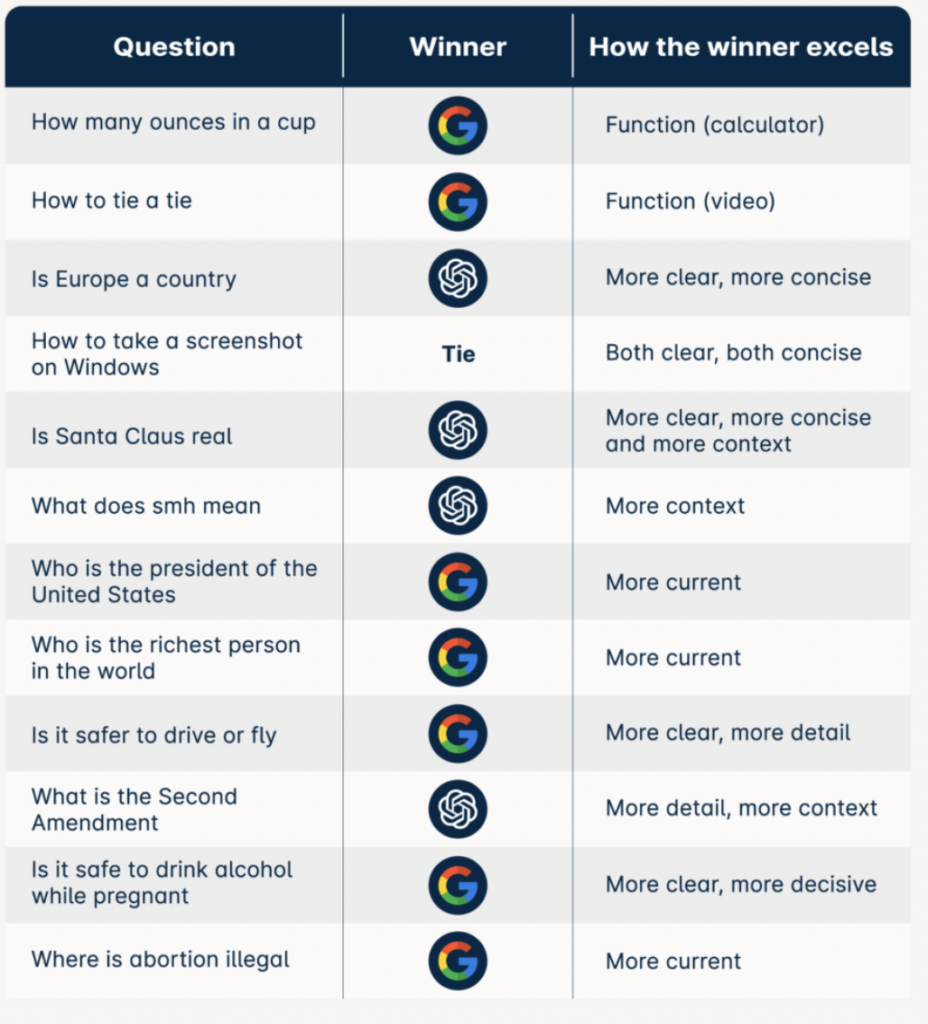The flying horse
This is the most surreal photograph I’ve ever taken. In September 2007 I was standing early one morning on Noordeinde in The Hague waiting for a friend to show up when I saw this extraordinary display in the window of a fancy antique shop. What’s particularly nice (for me) is that it’s an analogue photograph taken with an old film Leica.
Quote of the Day
”To the Tennis Court, and there saw the King play at tennis and others; but to see how the King’s play was extolled, without any cause at all, was a loathsome sight.”
- Samuel Pepys in his diary, 4 January, 1664.
Musical alternative to the morning’s radio news
Elgar | Introduction & Allegro for Strings, Op.47 | Pinchas Zukerman
Long Read of the Day
The Defiance of Salman Rushdie
A fine essay by David Remnick, Editor of The New Yorker.
hen Salman Rushdie turned seventy-five, last summer, he had every reason to believe that he had outlasted the threat of assassination. A long time ago, on Valentine’s Day, 1989, Iran’s Supreme Leader, Ayatollah Ruhollah Khomeini, declared Rushdie’s novel “The Satanic Verses” blasphemous and issued a fatwa ordering the execution of its author and “all those involved in its publication.” Rushdie, a resident of London, spent the next decade in a fugitive existence, under constant police protection. But after settling in New York, in 2000, he lived freely, insistently unguarded. He refused to be terrorized.
There were times, though, when the lingering threat made itself apparent, and not merely on the lunatic reaches of the Internet. In 2012, during the annual autumn gathering of world leaders at the United Nations, I joined a small meeting of reporters with Mahmoud Ahmadinejad, the President of Iran, and I asked him if the multimillion-dollar bounty that an Iranian foundation had placed on Rushdie’s head had been rescinded. Ahmadinejad smiled with a glint of malice. “Salman Rushdie, where is he now?” he said. “There is no news of him. Is he in the United States? If he is in the U.S., you shouldn’t broadcast that, for his own safety.”
Within a year, Ahmadinejad was out of office and out of favor with the mullahs. Rushdie went on living as a free man. The years passed…
It’s a classic Remnick piece, beautifully written and insightful. You could call it a profile in courage (to echo JFK’s ghost-written book). And it includes a wonderful portrait of Rushdie as he is now, a living embodiment of Hemingway’s definition of courage: “grace under pressure”.
The Generative AI wars begin
There’s something deeply comical about the sudden panic in the tech industry over ChatGPT. Microsoft decided to use the bot to smarten up its Bing search engine (which up to now has had less than 10% of the search market). This caught Google (which dominates the market) on the hop, so it brought forward the deployment of BARD — its answer to ChatGPT. On Monday, it published an ad for the new toy.
The only problem was — as Reuters quickly pointed out — there was a glaring factual error in the bot’s answer to the question: “What new discoveries from the James Webb Space Telescope can I tell my 9 year old about?”
It turns out that the first pictures of exoplanets — credited by Bard to the JWST — were in fact taken by the European Southern Observatory’s Very Large Telescope (VLT) in 2004!
I asked ChatGPT “Why did Google’s BARD get the question about the James Webb Space Telescope wrong?”
Sadly, ChatGPT was too busy to play. Instead it wrote me a little poem.
Later, an email pointed me to a comparative study of Bard vs. ChatGPT that someone had arranged. The summary of results looks like this:
Meanwhile — as usual — Gary Marcus highlighted something I had missed, namely the strange imbalance in media coverage of the two rival companies’ efforts. The NYT’s Kevin Roose, for example, “even went so far as to chide anyone who even expressed concern about the errors, saying that ‘fixating on the areas where these tools fall short risks missing what’s so amazing about what they get right’. “Meanwhile”, says Marcus,
it is striking that neither Roose nor anyone else has explained exactly why Google and Microsoft received such different reception. The two megacompanies both demoed prototypes, neither fully ready for public use, built around apparently comparable technology, facing apparently similar bugs, within a day of each other. Yet one demo was presented as a revolution, the other as a disaster.
Since neither company has yet subjected their products to full scientific review, it’s impossible to say which is more trustworthy; it might well turn out that Google’s new product is actually more reliable.
Most likely, neither of them are particularly reliable. Yet they are being treated as polar opposites. At the very least, someone ought be asking, from business perspective, what’s the moat here, if two companies are basically both about to offer the same thing?
It’s amazing how fixated the world has become on this generative tech. I was at a posh dinner party of apparently well-informed people on Wednesday night and it was difficult to keep the discussion (which was supposed to be about ‘data-centric engineering’) away from ChatGPT.
This Blog is also available as a daily email. If you think that might suit you better, why not subscribe? One email a day, Monday through Friday, delivered to your inbox. It’s free, and you can always unsubscribe if you conclude your inbox is full enough already!




